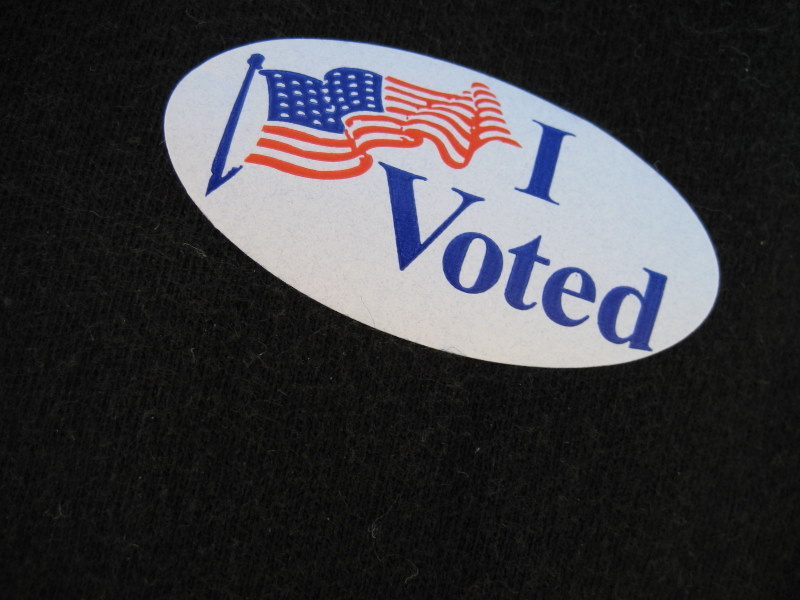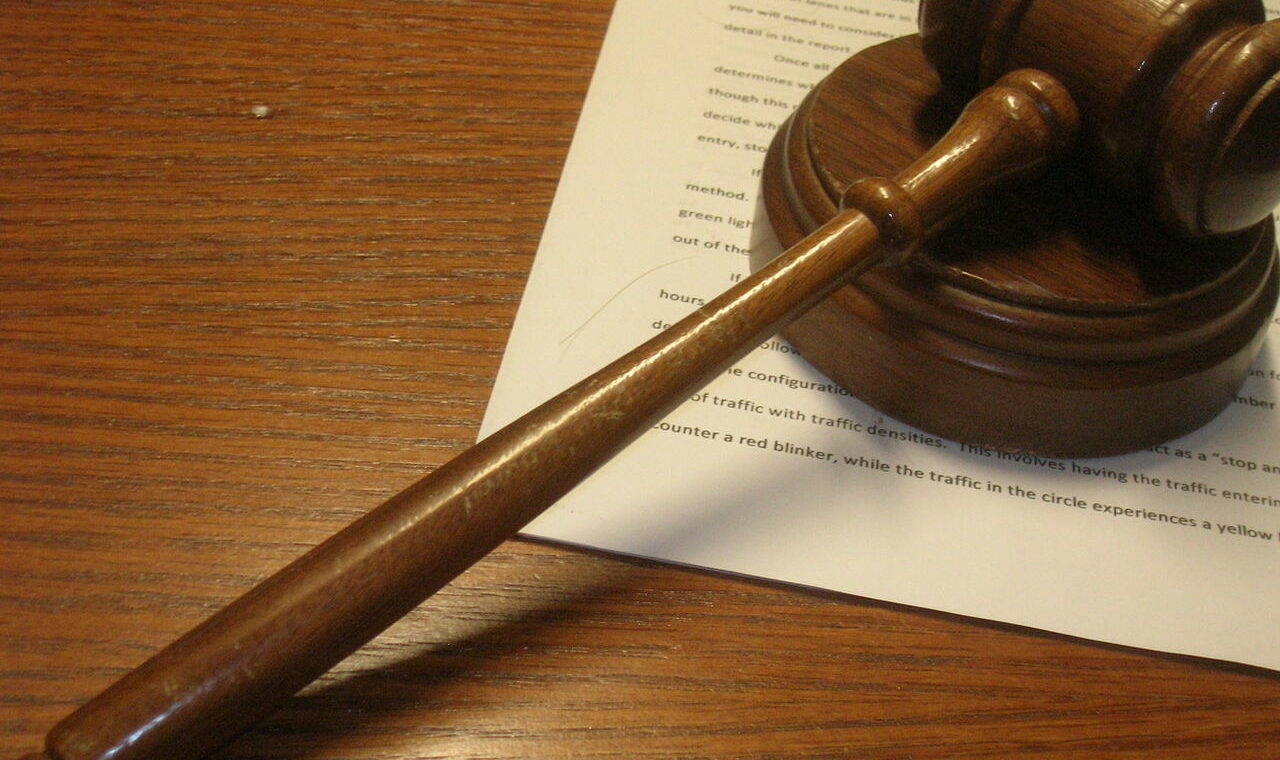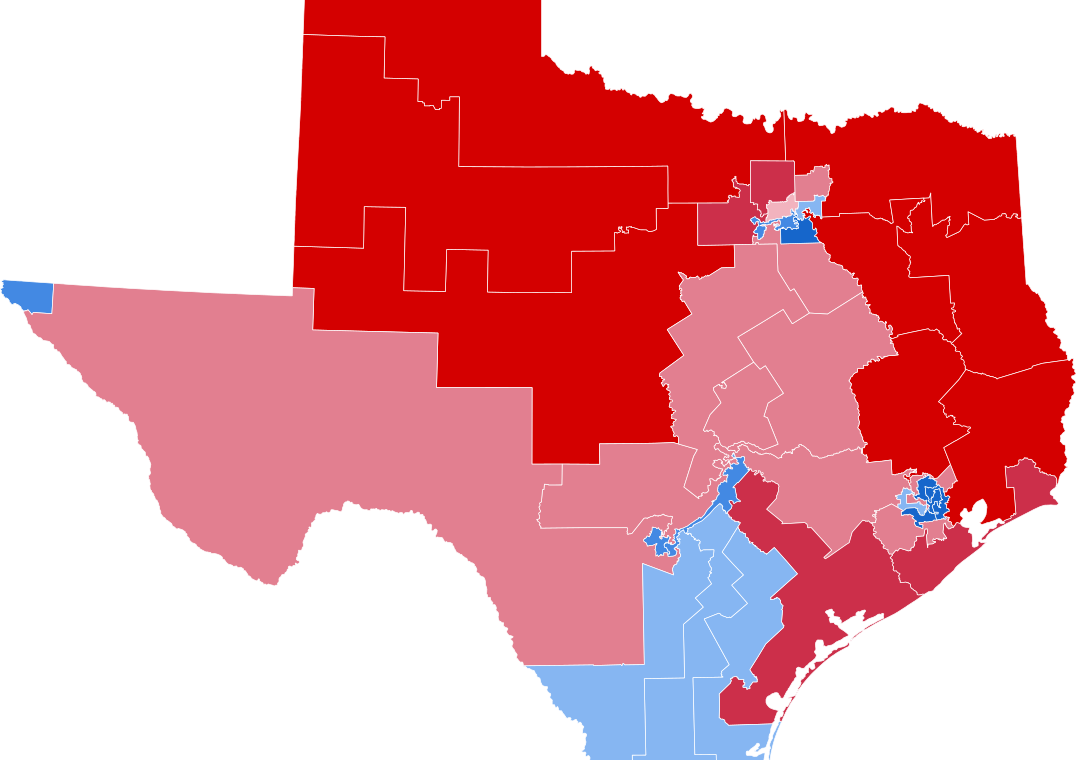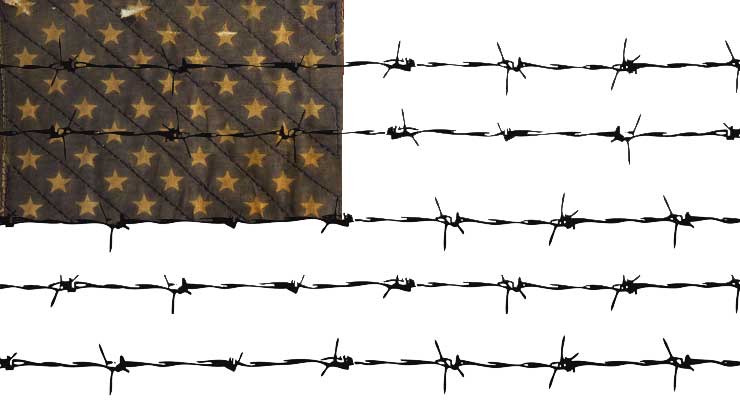New York voters reject 3 ballot propositions backed by Democrats
In what some observers are calling a failure on the part of New York State Democrats to educate their supporters, three ballot propositions which may have expanded access to the vote were rejected by the voters themselves. One proposition would have allowed voters to register to vote on the same day as an election. Another would have allowed any New York voter to make use of an absentee ballot. The third failed proposition, which was perhaps the most complicated, would have fixed the number
The University of Florida bars professors from testifying in a voting rights case
Three professors who specialize in voting rights law have been denied permission by their employer, the University of Florida, to testify in a lawsuit. This suit has been filed against the state of Florida after the recent passage of a bill which the plaintiff’s claim unfairly limits voter access. Critics of the University’s decision to forbid their employees’ participation in the case argue that this is a violation of the professors’ academic freedom and First Amendment rights. The professors’ lawyer claims that "it's unprecedented
U.S. Senate confirms voting rights advocate Perez to 2nd Circuit
In spite of GOP objections, the US Senate has confirmed voting rights advocate Myrna Perez as a judge on the 2nd Circuit Court of Appeals, which is based in New York. Perez has served as the director of the voting rights and elections program at the Brennan Center for Justice at New York University School of Law. She was confirmed by a vote of 48-43. Unlike the requirement for closing debate over legislation, closing debate over whether the Senate will confirm a nominee is
Voting rights advocates sue Texas again over GOP-drawn maps
Moments after Republican Governor Greg Abbot signed off on the Texas Legislature's newly-drawn congressional districts, voting rights advocates filed a lawsuit against the electoral maps in a federal court. Voto Latino and other advocacy groups are partnering with former U.S. Attorney General Eric Holder, among others, to argue that the maps have been drawn not merely to advantage the Republican party, but to dilute the voting power of communities of color within the state. Texas was the only state to gain two additional congressional
Lawmakers will explore restoring voting rights for people convicted of felonies
A judiciary committee within Mississippi’s House has begun to take another look at the state’s policy of disenfranchising citizens convicted of certain felonies. Unlike any other state, it is Mississippi’s legislature (not its Governor) who generally decides, on a case-by-case basis, whether a convicted felon’s voting rights will be restored. The restoration of a single citizen’s voting rights in the legislature requires two-thirds supermajorities in its favor from both chambers. The Governor of Mississippi may also pardon a felon, but that has been very





